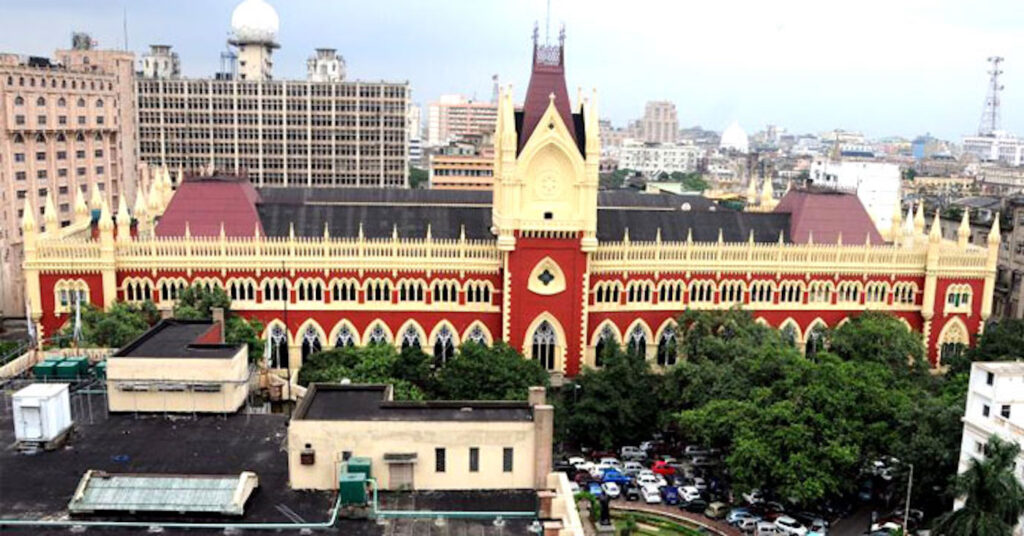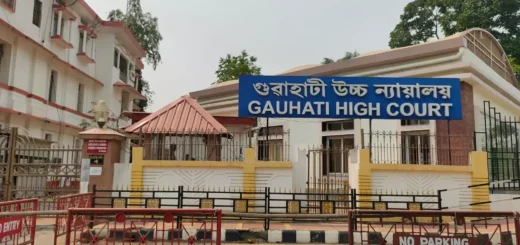Huge Harm to Industry from Uncontrolled Power: Calcutta High Court Overturns West Bengal Government’s Move to Control Jobs in Private Sector.

The Calcutta High Court overturned a decision by the West Bengal government to create committees for managing the hiring of both temporary and permanent workers in industrial settings. This case began in 2022 when the West Bengal Labour Department announced that all hiring in industrial and commercial sectors must be done with the approval of committees led by District Magistrates. The goal was to improve the hiring process due to concerns about employee recruitment happening without state oversight and issues reported in the process. It also noted that various trade unions were making demands and resolving disputes without state participation.
A Bench led by Justice Ravi Krishan Kapur found the state’s action to be arbitrary and in violation of the Industrial Disputes Act. The Court criticized the government’s decision as unnecessary, unreasonable, and lacking a solid foundation. It cautioned that while the state might aim to exert control, such actions could hinder industrial growth, labeling the approach as an unreasonable limitation on rights protected under Article 19(1)(g) of the Indian Constitution, which guarantees the freedom to pursue a profession. The Court stated, “The long-term impact of such actions could cause significant harm to industry and commerce. The real risk lies in the unchecked and unregulated power that the State seeks to hold regarding employee recruitment, leading to serious consequences that render the notification unconstitutional and a violation of Articles 14 and 19(1)(g).”
The Court reviewed the Industrial Disputes Act and noted that it allows for the appointment of conciliation officers to help settle disputes between employers and employees. It stated that the Act promotes resolving issues directly between the parties instead of involving a third party. The Court emphasized that the role of conciliation officers should not be undermined by any outside committee set up by the State. It also criticized the frequent involvement of state officials in industrial disputes, calling it a misuse of resources and a way to control private employment indirectly. The Court highlighted that the committee did not include any employee or worker representation, which raised further concerns.
The Court remarked that the main goal of the notification was to prevent recruitment without the Committee’s knowledge, which it found to be excessive. It pointed out that the ID Act already defines the State Government’s role in employee welfare, and the notification contradicted these provisions. Additionally, the Court stated that there was no legal basis in current laws to support such a notification, which also conflicted with the Employment Exchange Compulsory Notification of Vacancies Act.
The Court emphasized that Article 19(1)(g) aims to allow citizens to pursue their professions without facing unnecessary regulations. It stated, “The right of industry to hire or look for jobs should not be controlled in such a complicated way as suggested by the challenged notification. The executive cannot randomly interfere with industry rights.” Consequently, the Court canceled the notification and ruled that any actions taken under it are invalid.
Cause Title: Tata Steel Limited (Hooghly Met Coke Division) Haldia Contractors’ Mazdoor Sangh & Anr. v. State of West Bengal & Ors.
Appearance:
Petitioner: Advocates Soumya Majumder and Sanjukta Dutta
Respondents: Advocates Sirsanya Bandyopadhyay and Tapati Samanta









